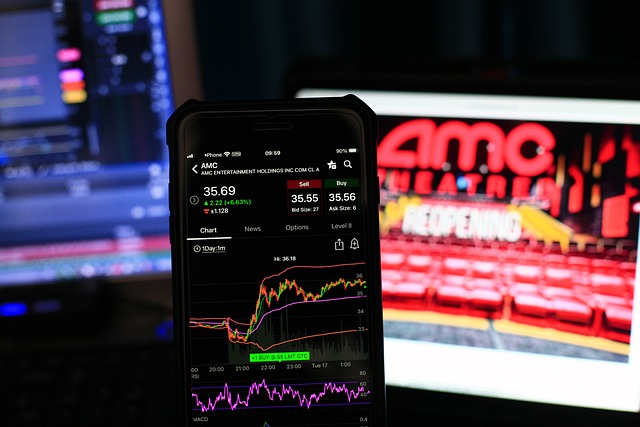Navigating the Australian Market with ETF Trading: A Beginner’s Overview

Entering the investment world can feel overwhelming, especially for those new to the vibrant and diverse Australian market. One of the most beginner-friendly avenues is through trading exchange-traded funds (ETFs), which offer a straightforward way to invest in a variety of assets without needing to manage them individually. This guide aims to simplify ETF trading, making it easier for newcomers to get started.
An exchange-traded fund (ETF) is an investment fund that holds a collection of assets such as stocks, bonds, or commodities. Unlike mutual funds, ETFs are traded on stock exchanges, much like individual stocks. This combination of flexibility and simplicity makes ETFs an appealing choice for new investors in Australia. They provide instant diversification, which is crucial for managing risk, particularly when you’re just beginning your investment journey.
When you trade ETFs, you are essentially buying shares of a fund that mirrors the performance of a specific index or sector. For example, investing in an ASX 200 ETF means you are investing in a fund that seeks to replicate the performance of the ASX 200 index, which comprises the top 200 companies by market capitalization on the Australian Securities Exchange. This approach offers broad exposure to some of Australia’s largest and most stable companies.
One of the key advantages of ETFs is their simplicity. Unlike selecting individual stocks, which requires extensive research and ongoing monitoring, ETFs offer a ready-made portfolio that spreads your investment across a variety of assets. This diversification reduces risk, as you’re not reliant on the performance of just one or two stocks. For beginners, this approach provides a crucial buffer against the volatility and unpredictability that can characterize financial markets.
Another significant benefit of ETFs is their cost-effectiveness. ETFs typically have lower fees compared to managed funds, primarily due to their passive management. Since most ETFs aim to track the performance of an index rather than beat it, there’s no need for active management, which keeps costs down. For those new to investing in the Australian market, this makes ETFs an attractive option, as lower fees can lead to better long-term returns.
However, while ETFs require less day-to-day management than individual stocks, successful ETF trading still requires staying informed about market conditions and economic trends. Understanding the factors that drive market performance, such as changes in economic policies, global economic shifts, or fluctuations in commodity prices, can help you make informed decisions about your ETF investments.
In addition to the inherent diversification of ETFs, it’s also wise to diversify within your ETF holdings. This could mean investing in a variety of ETFs, such as those focusing on different sectors, bonds, commodities, or international markets. This additional level of diversification can further reduce risk and increase your potential for growth.
The flexibility of ETFs is another appealing feature. ETFs can be bought and sold throughout the trading day, just like stocks, allowing you to react quickly to market changes. This flexibility is particularly valuable in a dynamic market like Australia’s, where economic developments can happen rapidly.
In summary, ETF trading offers an accessible and effective way to enter the world of investing, particularly for beginners navigating the Australian market. With the advantages of diversification, lower costs, simplicity, and flexibility, ETFs provide a strong foundation for building a resilient and potentially profitable investment portfolio. As you gain experience and confidence, ETFs can become a key component of a broader investment strategy, allowing you to explore further opportunities with greater understanding and security. Remember, continuous learning is essential for successful investing, so stay informed and keep growing your market knowledge as you embark on your ETF trading journey.
